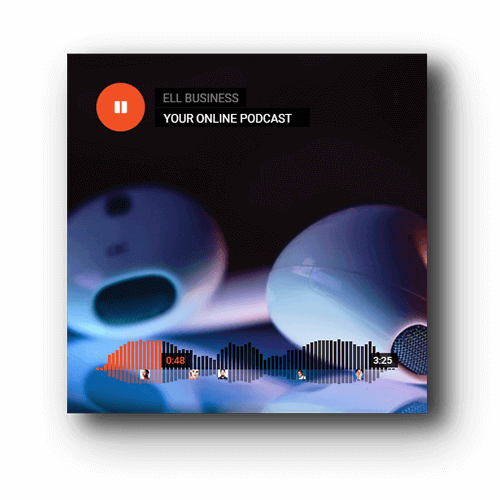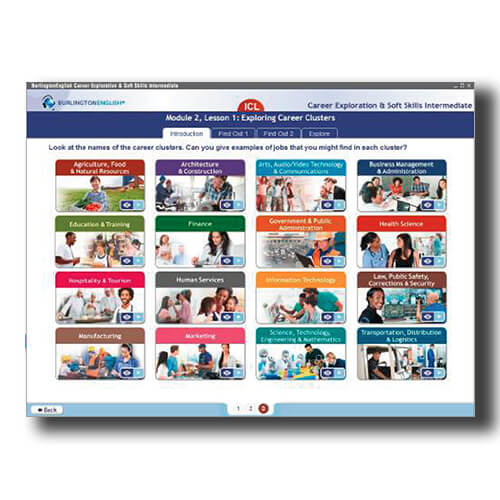Part 1: Getting Started
- Welcome
- What you’ll learn
- How it works
Part 2: Basic Terminology
- Balance sheet
- Assets & liabilities
- Equity
- Income statement
- Revenue & costs of goods sold
- Expenses
- Accounting period
- Case Study
- Review questions
Part 3: Basic Terminology
- Accounts receivable
- Accounts payable
- Depreciation
- General ledger
- Interest
- Inventory
- Journals
- Payroll
- Trial Balance
- Case Study
- Review Questions
Part 4: Accounting methods
- Cash
- Accrual
- Differences between cash and accrual
- Case Study
- Review Questions
Part 5: Keeping track of the business
- Accounts payable
- Accounts teceivable
- The journal
- The general ledger
- Cash management
- Case Study
- Review questions
Part 6: The balance sheet
- The accounting equation
- Double-entry accounting
- Types of assets
- Types of liabilities
- Equity
- Case Study
- Review questions
Part 7: Other financial statements
- Income statement
- Cash flow statement
- Capital statement
- Budget v actual
- Case Study
- Review questions
Part 8: Payroll accounting terminology
- Gross wages
- Net wages
- Employee tax withholding
- Employer tax expenses
- Salary deferrals
- Employee payroll
- Employee benefits
- Tracking accrued leave
- Government payroll returns/reports
- Case Study
- Review questions
Part 9: End of period procedures
- Depreciating your assets
- Reconciling cash
- Reconciling investments
- Working with the trial balance
- Bad debt
- Posting adjustments and corrections
- Case Study
- Review questions
Part 10: Financial planning, budgeting and control
- Reasons for budgeting
- Creating a budget
- Comparing budget to actual expenses
- Case Study
- Review questions
Part 11: Auditing
- What is an audit?
- When and why would you audit?
- Internal
- External
- Case Study
- Review questions
Module Twelve: Closing Thoughts
- Words from the wise
- Re-cap
- Your results
- Further reading








